6 career defining records of Black Crowes' Steve Gorman
Crowes' sticksman picks his finest
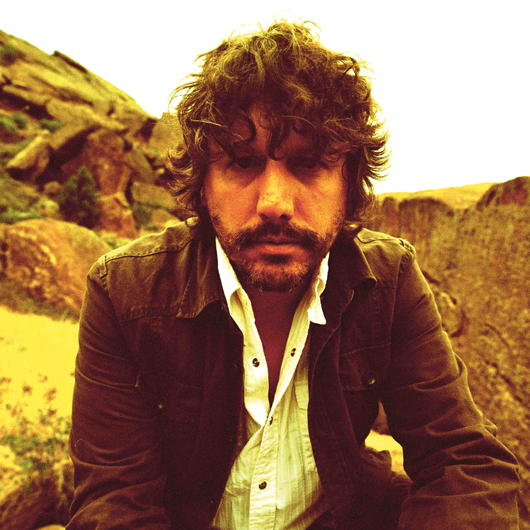
Steve Gorman
From backing the legendary Jimmy Page to recording in Hollywood star Billy Bob Thornton’s basement and even helping out an American Idol winner, The Black Crowes’ drummer, Steve Gorman, has plenty of rock ‘n’ roll stories to tell.
Here he picks the six records which have most defined his career, telling Rhythm Magazine one or two of these 'stories' along the way.
Next page: 'excitement, bravado, arrogance' and... 'the fear'
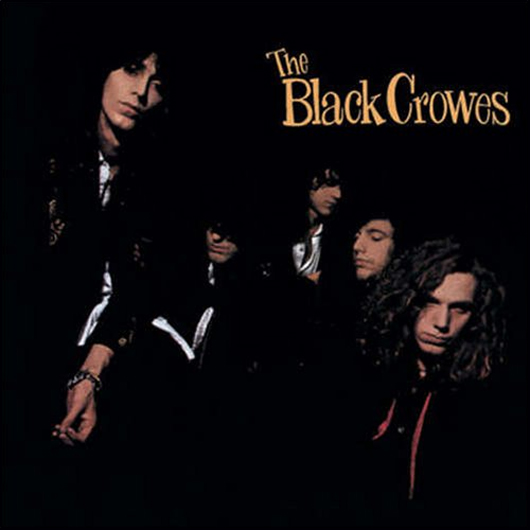
Shake Your Money Maker (1990)
Gorman still worked at a record store and had only had a drum kit for two years when the fledgling Crowes swaggered into the studio with producer (and Rick Rubin protege) George Drakoulias. Suffice it to say, he wasn’t ready.
Steve Gorman says:
“I just remember ‘the fear’! All the excitement, bravado and arrogance that help you get to that point definitely failed me when we walked into the studio. We learnt that communication is the key to everything.”
“I remember attempting to play to a click, which I’d never done. It wasn’t working and I remember George saying, ‘You’re falling off the click,’ which to me implied I was slowing down, but he was saying I was speeding up. It took us six days to get it worked out!”
“We were great at being a band, but we weren’t really a great band yet.”
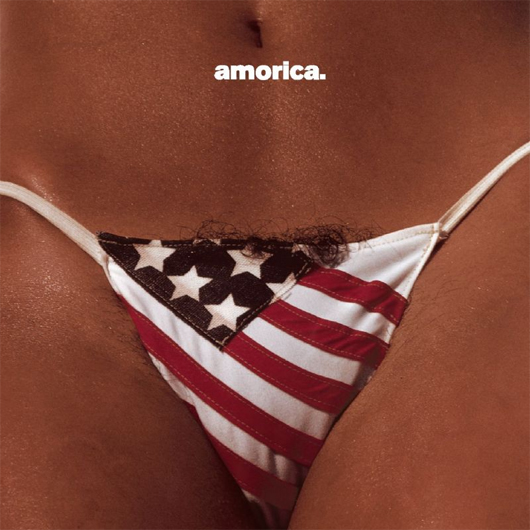
Amorica (1994)
Having recorded the drum tracks for the band’s second album, The Southern Harmony and Musical Companion, in just three days, this time Gorman decided to put a lot more thought into the drum sounds. A few months later...
Steve Gorman says:
“What ended up being released was our second take at making an album in 1994; we did one in January and one in May. Our engineer and co-producer Jack Puig was very much a ‘sonic head’.”
“We brought in a ton of drums and we tried so many sounds – we had eight or nine snare drums, and before any song we would say, ‘Let’s see how all these sound’.”
“There was a vintage 28" marching drum that we put a pedal to and got a few songs out of, and we would spend hours just getting the sound of the kick drum, which was a great experience for me.”
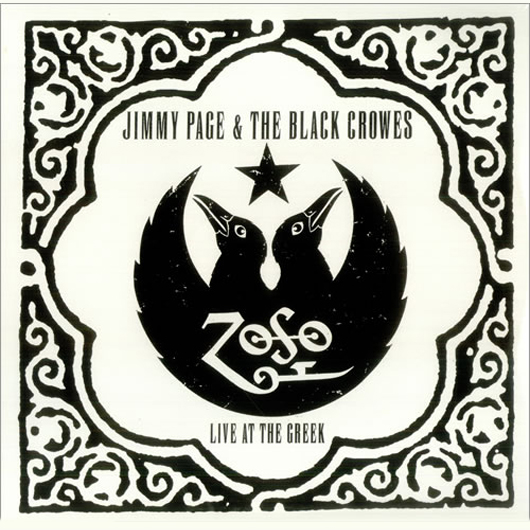
Live At The Greek (2000)
When Jimmy Page chose The Black Crowes to be his backing band for a set of special performances in 1999, Gorman was forced to step into the rather roomy shoes of one John Bonham. Luckily, he has suitably big feet.
Steve Gorman says:
“The tour was only six shows. I think we rehearsed for three days, and I would count the first three shows as rehearsals too!”
“I didn’t approach it at all to play like Bonham, because if you listen to Zeppelin live, Bonham followed Jimmy as much as he locked in with John Paul Jones, and the three of them moved around like this enormous rock amoeba, changing shape constantly.”
“When we played, the idea was to do the studio versions of these songs with three guitars, so we could replicate a lot of those multi-tracked tunes. It was definitely The Black Crowes playing Led Zeppelin, and that’s why it worked. Ultimately it was a blast.”

The Wind (2003)
Following a recording session for Billy Bob Thornton, Gorman somehow found himself tracking with one of his childhood heroes. Zevon’s swansong also features contributions from Jim Keltner, Luis Conte and Don Henley.
Steve Gorman says:
“I played on one track. Billy Bob bought a house that Slash used to live in, and there was a full recording studio in the basement. We’d been working for seven hours when Warren and some others turned up; he and Billy were buddies. Everyone knew he was sick, he’d already announced he was terminally ill.”
“Later that night, Warren said he’d seen Bob Dylan play recently and he’d played three of his songs. He said, ‘I’ve only got one more record to make, so I might as well do one of his songs’. Someone said, ‘What about ‘Knocking On Heaven’s Door’? We laughed, then Warren said, ‘That’s what I was thinking’.”
“One of the best nights of my recording career.”
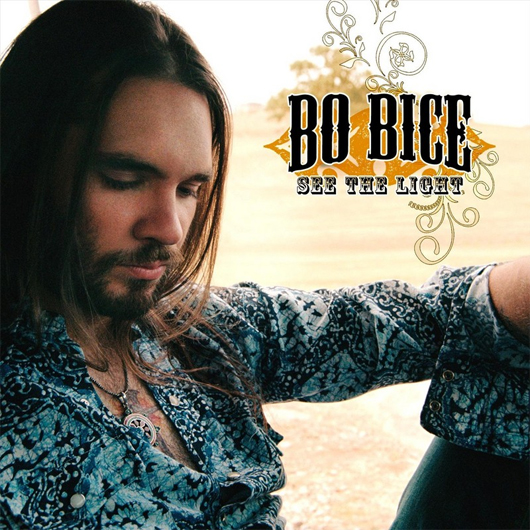
See The Light (2007)
You might not expect Gorman to have backed the man who rose to fame when he finished runner-up in the fourth season of ‘American Idol’, but Bice is a Southern rocker through and through, and assembled a killer band for his second album.
Steve Gorman says:
“Sure he was on American Idol, but the record sounds like a Southern rock record, which is what he always did. That was a classic Nashville album, where I didn’t know Bo, but George Drakoulias introduced us and he couldn’t have been a nicer guy.”
“And what a great band he’d put together. He had Chuck Leavell on keyboards. He’s worked with The Rolling Stones, The Allman Brothers and he’d played on Shake Your Money Maker, so we’d been friends ever since. Glenn Worf was on bass – he toured with Mark Knopfler for years.”
“It’s great to live in Nashville, where on the spur of the moment you’re in a room with some of the best players you’ve ever heard.”
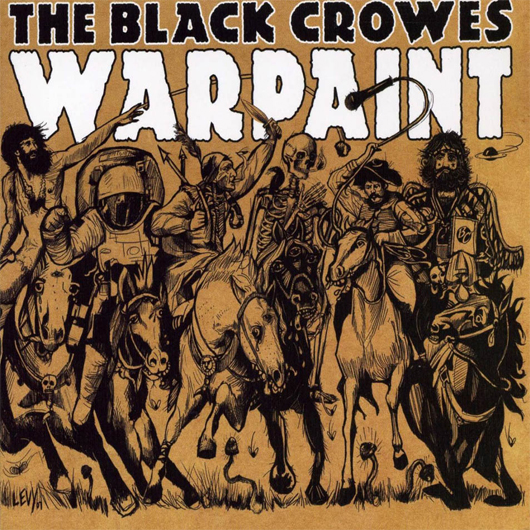
Warpaint (2008)
With a new guitarist and keyboard player on board, the Crowes returned in 2008 with their first album in seven years. Did they embraced dubstep, nu-rave or screamo in the intervening years? Not a bit, thankfully.
Steve Gorman says:
“On the first day we walked around banging a rack tom – ‘How does it sound here?’ – and within a couple of hours producer Paul Stacey said, ‘This is the low-end spot’. We put the kick right there.”
“We taped an empty cigarette pack to the snare if we needed to muffle it, one mic on the kick, overhead mics and a big Neumann CMV563 a few feet in front of the kick. That was the drum sound. The mics were doing all the work, so I was able to play with as much dynamic as I have.”
“It’s how I’ve always wanted to be able to approach the drums in the studio.”